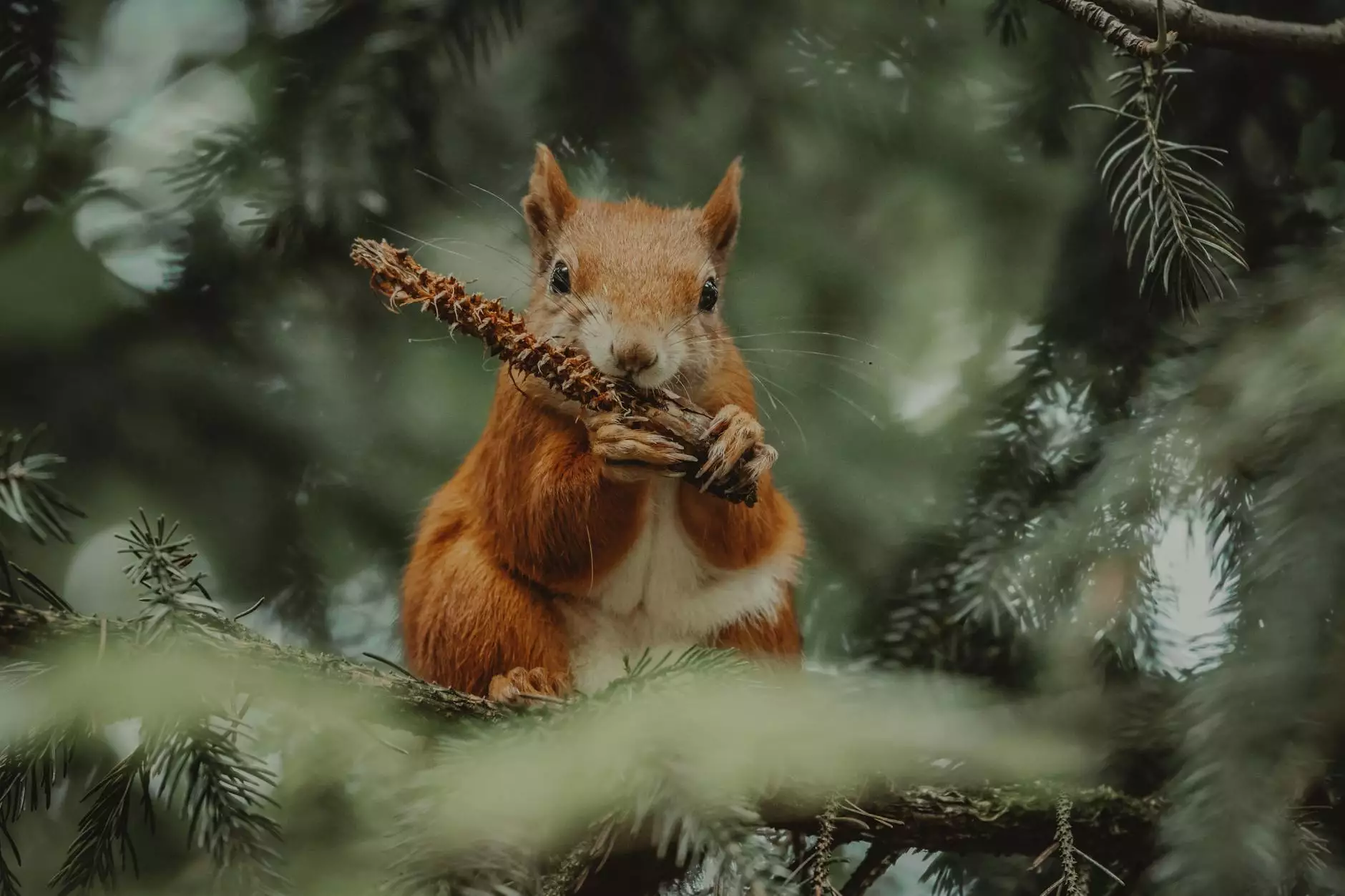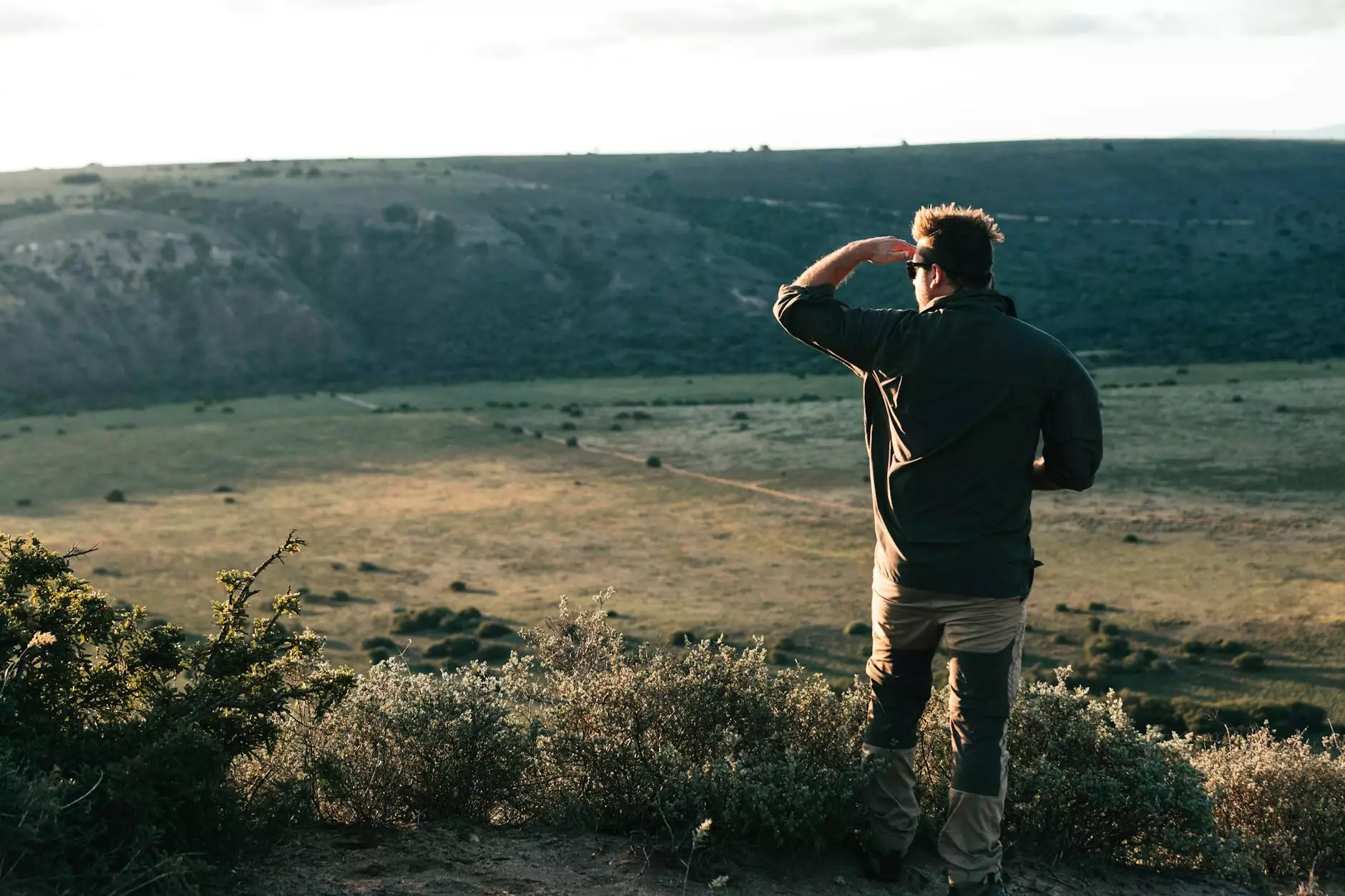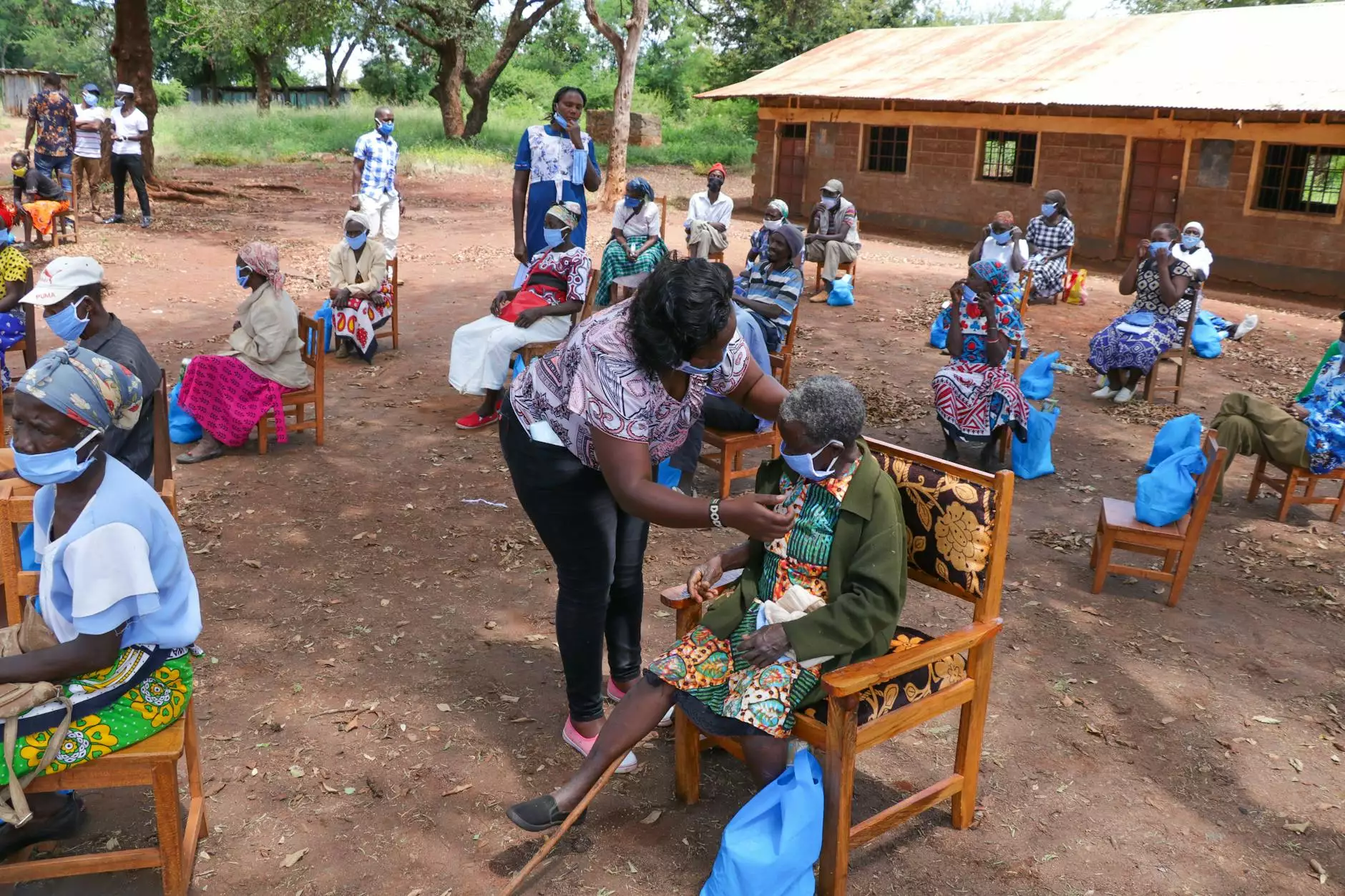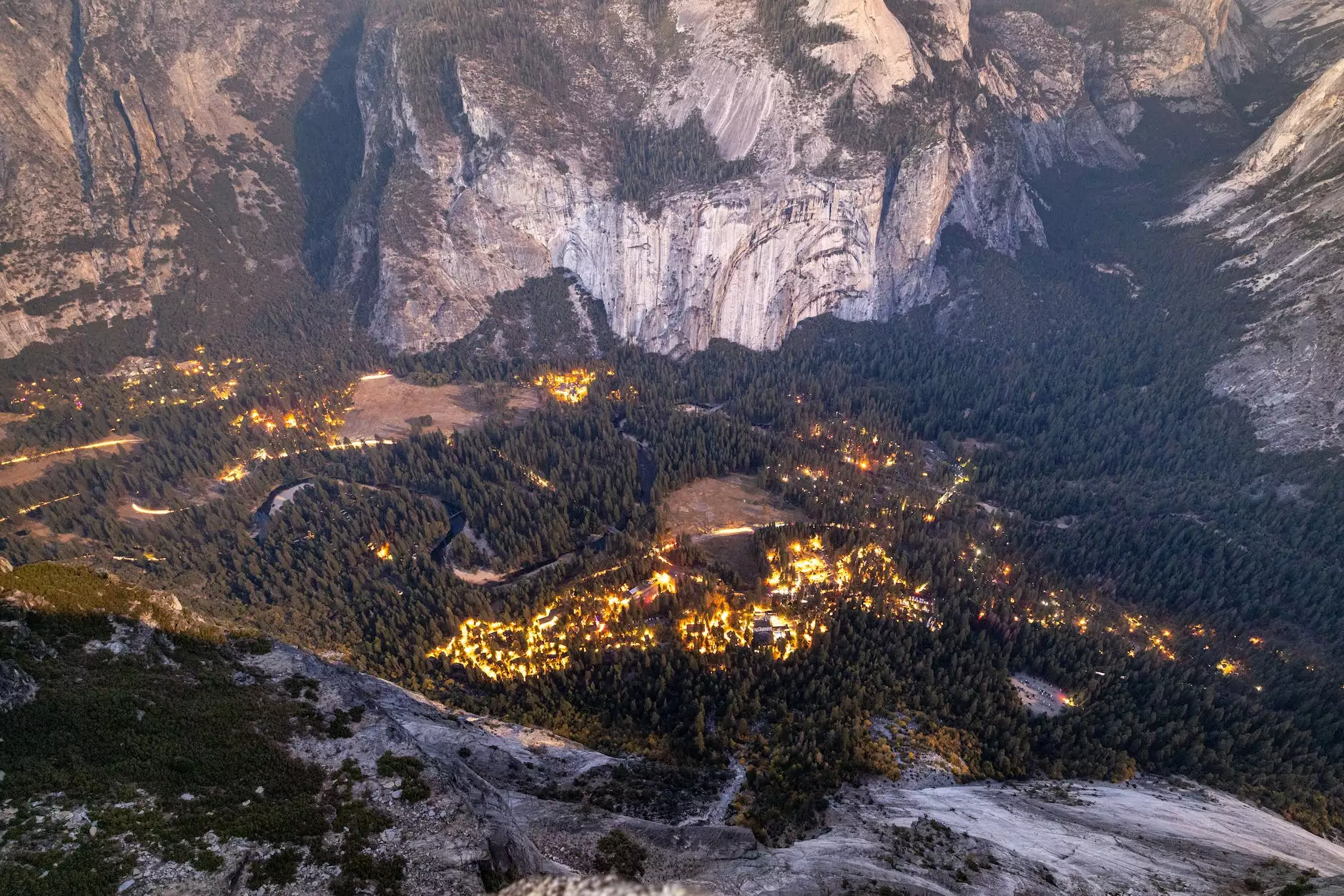Wildlife Encounter Tips
Articles
Introduction
Welcome to Marjorie Cowley's Wildlife Encounter Tips! In this comprehensive guide, we will share valuable insights and advice on how to enhance your encounters with wildlife. With Marjorie Cowley's expertise in conservation and wildlife, you'll learn how to make the most of your nature experiences while respecting and preserving the natural habitats of these amazing creatures.
Understanding Wildlife Behavior
Before embarking on any wildlife encounters, it's essential to gain a deeper understanding of wildlife behavior. Each species has its unique traits, habits, and natural tendencies. By learning about their behavior, you can better anticipate their movements and reactions, ensuring a safer and more enjoyable experience for both you and the animals.
Researching Wildlife
Researching the specific wildlife species you hope to encounter is a crucial first step. Understanding their habitat preferences, feeding patterns, and social behaviors will give you valuable insights into their daily lives. Books authored by Marjorie Cowley are an excellent resource to learn about various wildlife species and their behaviors.
Respecting Boundaries
While encountering wildlife can be thrilling, it's essential to keep a safe distance and respect their boundaries. Approaching too closely can cause stress to the animals, disrupt their natural behaviors, or even pose a risk to your own safety. Follow the guidelines set by conservation organizations and local authorities to ensure both the animals and yourself remain safe.
Choosing Wildlife-Friendly Locations
For the best wildlife encounters, it's crucial to select wildlife-friendly locations with a high probability of sighting various species. National parks, nature reserves, and wildlife sanctuaries are often well-maintained areas that prioritize conservation efforts. Consult Marjorie Cowley's publications or reputable online sources for recommendations on the best locations based on your interests.
Observation Techniques
Observation techniques play a vital role in wildlife encounters. By honing your observation skills, you can detect subtle movements, sounds, and signs of wildlife presence. Consider the following techniques to enhance your observations:
Patience and Stillness
Some wildlife species are particularly sensitive to movement and noise. Practicing patience and maintaining stillness can improve your chances of spotting animals in their natural habitats.
Listening
Listening to the sounds of nature can provide valuable clues about the presence of wildlife. Learn to distinguish different bird calls, animal vocalizations, and environmental sounds to help you identify species without even seeing them.
Binoculars and Cameras
Equip yourself with a pair of quality binoculars and a camera to enhance your observations. Binoculars help you observe animals from a distance, while a camera allows you to capture memorable moments without causing disturbance to the wildlife.
Photographing Wildlife Responsibly
Photographing wildlife can be a fantastic way to preserve memories and share your experiences. However, it's crucial to prioritize the well-being and safety of the animals. Here are some responsible wildlife photography tips:
Keep a Safe Distance
Always maintain a safe distance from the animals when taking photographs. Using zoom lenses or telephoto lenses allows you to capture detailed shots without causing any harm or stress to the wildlife.
Respect Habitat and Nesting Areas
Avoid getting too close to nesting areas or disturbing the natural habitats of wildlife. Be mindful of your surroundings and strive to minimize your impact on their environment.
Do Not Use Flash Photography
Using flash photography can startle or disturb wildlife, especially during low-light conditions. It's best to rely on natural lighting or utilize camera settings that allow for better exposure without the need for flash.
Conclusion
With these wildlife encounter tips provided by Marjorie Cowley, you now have a guide to help you enjoy meaningful and respectful experiences with wildlife. Remember, the ethical and responsible encounter of wildlife not only brings joy to your life but also contributes to the conservation and preservation of these incredible creatures. Immerse yourself in nature, learn from the observations, and appreciate the wonders that wildlife encounters can offer!










